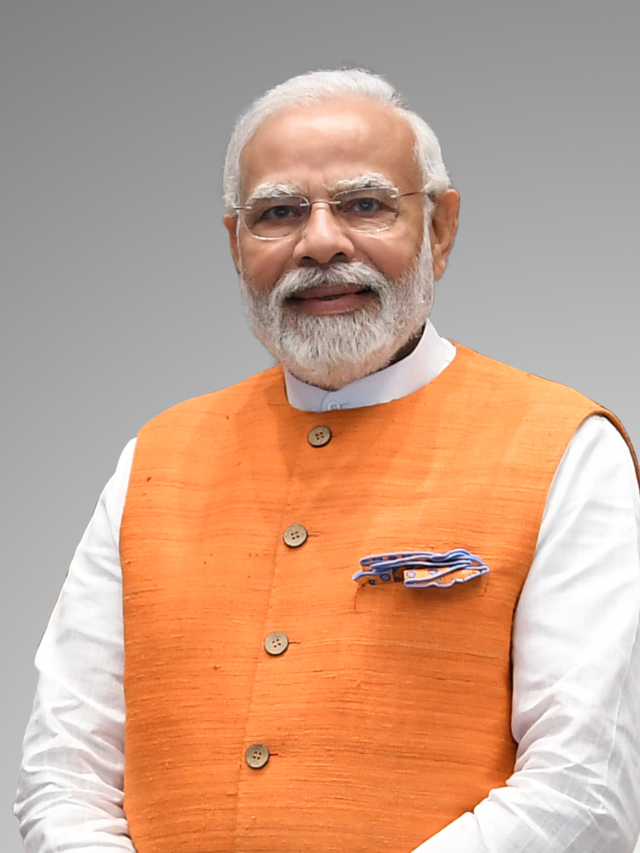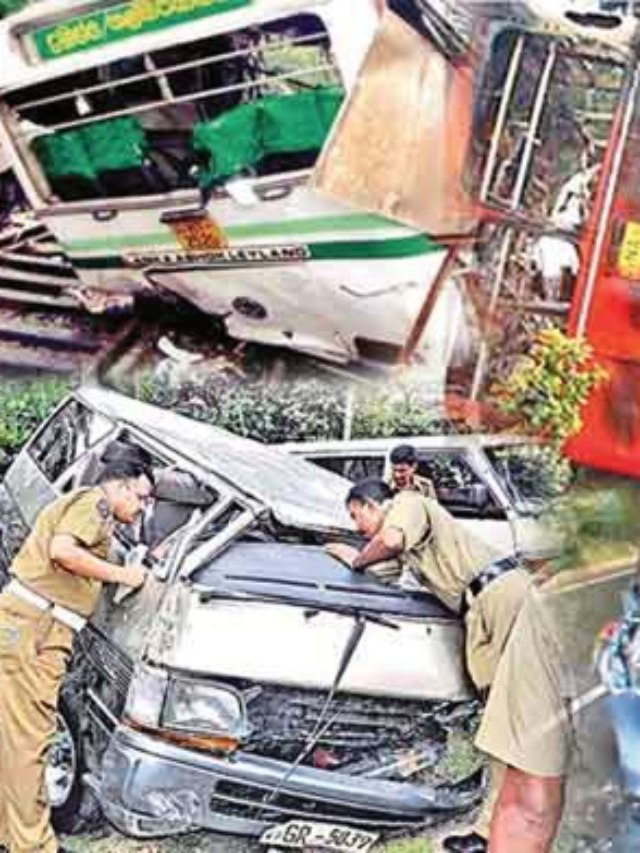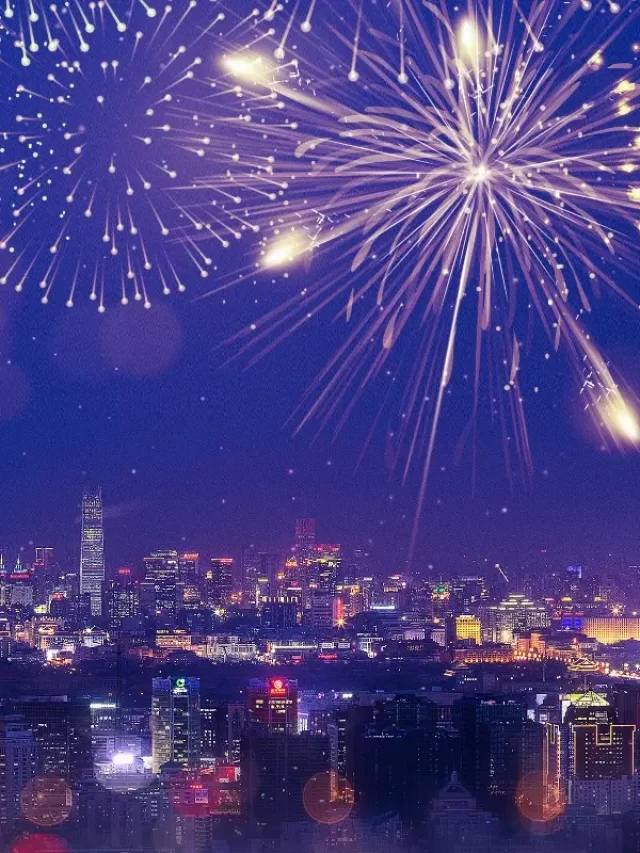The imminent verdict from a five-judge Constitution Bench, headed by Chief Justice DY Chandrachud, looms as a crucial moment in the legal landscape, set to resolve a batch of petitions challenging the validity of the abrogation of Article 370 provisions. The scheduled pronouncement on Monday follows petitions contesting the 2019 decision by the Narendra Modi government to strip Jammu and Kashmir of its special status granted under Article 370.
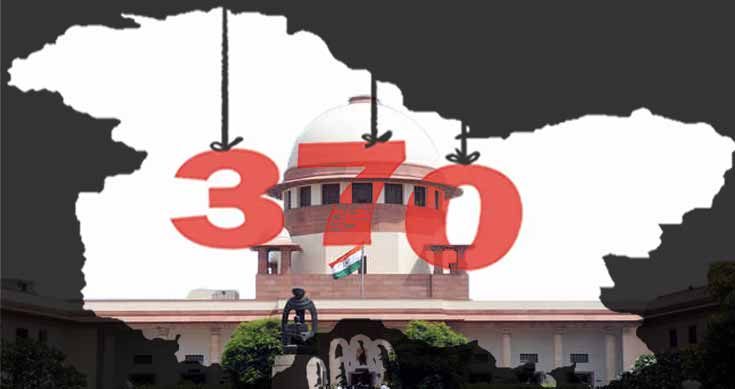
Read more.. How to Celebrate Christmas with Best Gifts In 2023
The bench, which includes Justices Sanjay Kishan Kaul, Sanjiv Khanna, B R Gavai, and Surya Kant, took on the referred petitions in 2019 and, after a 16-day hearing, reserved its verdict on September 5.
The petitions primarily question the legality of the abrogation of Article 370 and the subsequent Jammu and Kashmir Reorganisation Act, 2019, leading to the division of the state into the union territories of J&K and Ladakh.
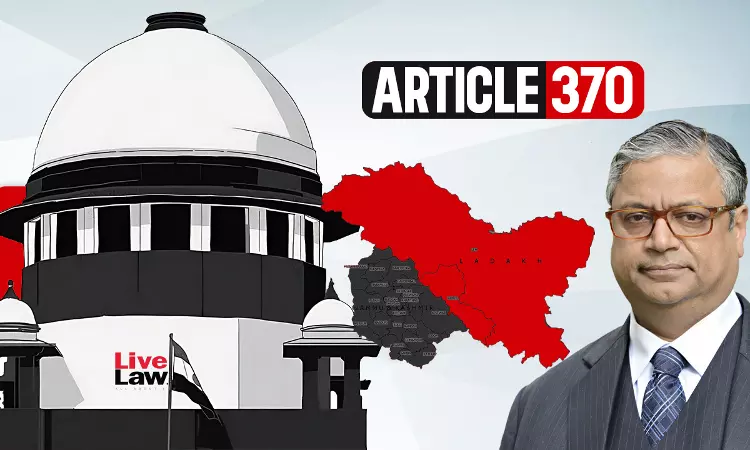
Read more.. Unraveling the Fascinating World of Baby Names in India
Reflecting on the history and developments surrounding Article 370, here is a recap:
Article 370 Origin
Article 370 was initially incorporated into the Indian Constitution to confer special status upon Jammu and Kashmir, acknowledging the unique circumstances during its accession to India in 1947. Maharaja Hari Singh, the last ruler of J&K, signed the Instrument of Accession, aligning the state with the Dominion of India and agreeing to be governed by India’s Parliament.
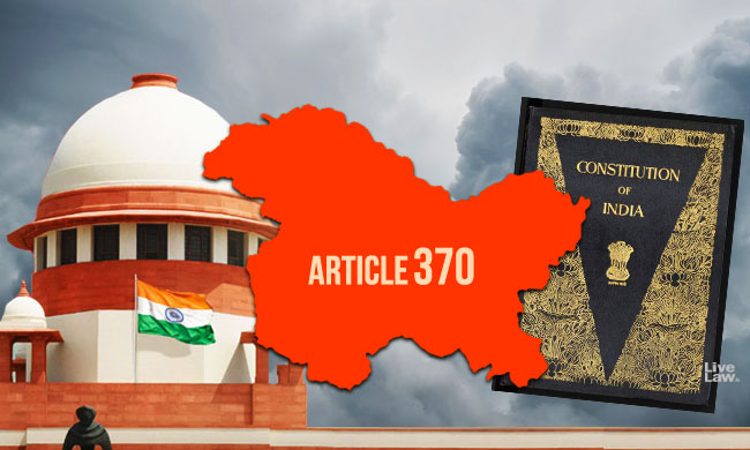
Read more.. How to Take Baby Names Related to Navratri on 2023
The Special Status
Granting Jammu and Kashmir its constitution and internal autonomy, Article 370 limited Parliament’s legislative powers in the state to defense, foreign affairs, finance, and communications. It specified that, except for Article 1 declaring India a ‘Union of States’ and Article 370 itself, no other part of the Constitution would apply to J&K. Furthermore, it mandated that Article 370 could not be amended or repealed without the Constituent Assembly of J&K’s consent.
Separate Laws
Jammu and Kashmir residents were subject to distinct laws concerning citizenship, property ownership, and fundamental rights. Article 370 stipulated that Indian Parliament could not enact laws in the state without the ‘concurrence’ of the constituent assembly.
Temporary Provision
Initially intended as a temporary provision, Article 370 persisted beyond the end of the J&K constituent Assembly’s tenure in 1957.
Article 370 Revocation in 2019
On August 5, 2019, the Government of India, through a Presidential Order, revoked J&K’s special status, with parliamentary approval the following day.
J&K Bifurcation
Post-abrogation, Jammu and Kashmir was bifurcated into two union territories – J&K and Ladakh.
Security and Communication Clampdown
Anticipating unrest, the region witnessed heightened security and communication restrictions post the Article 370 abrogation.
Mixed Reactions
The move drew varied reactions domestically and internationally, sparking debates on constitutional processes, federalism, and state rights within the Indian Union.
Petitions In Court
Multiple petitions challenging the constitutional validity of Article 370’s abrogation were filed in the Supreme Court, with some arguing that it had gained a permanent status since the constituent assembly became defunct.
SC Observations So Far
During the hearings, the Supreme Court questioned the mechanism for recommending Article 370’s revocation in the absence of a constituent assembly. The court also deliberated on how a provision explicitly labeled as temporary could assume permanence after the J&K constituent assembly concluded in 1957.

